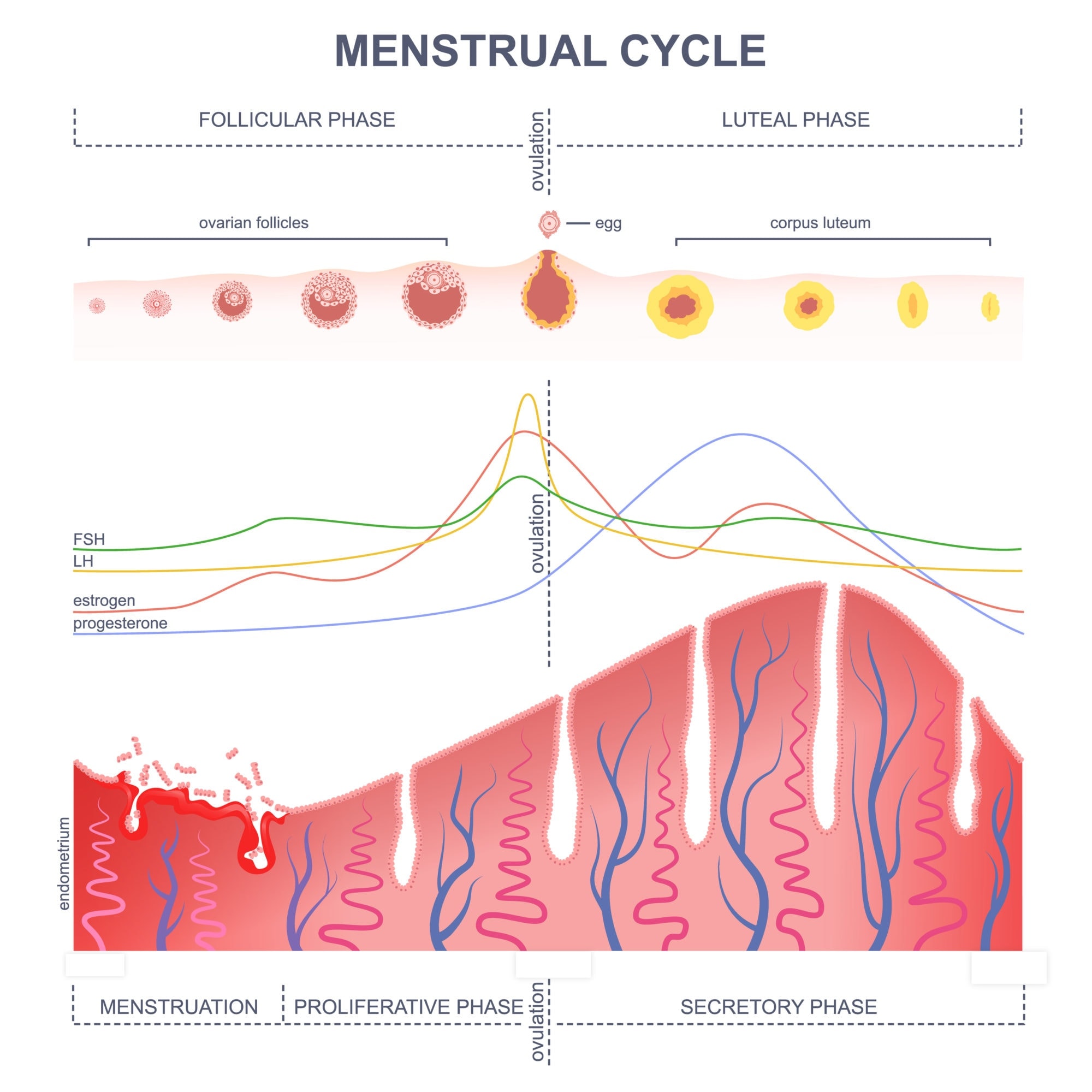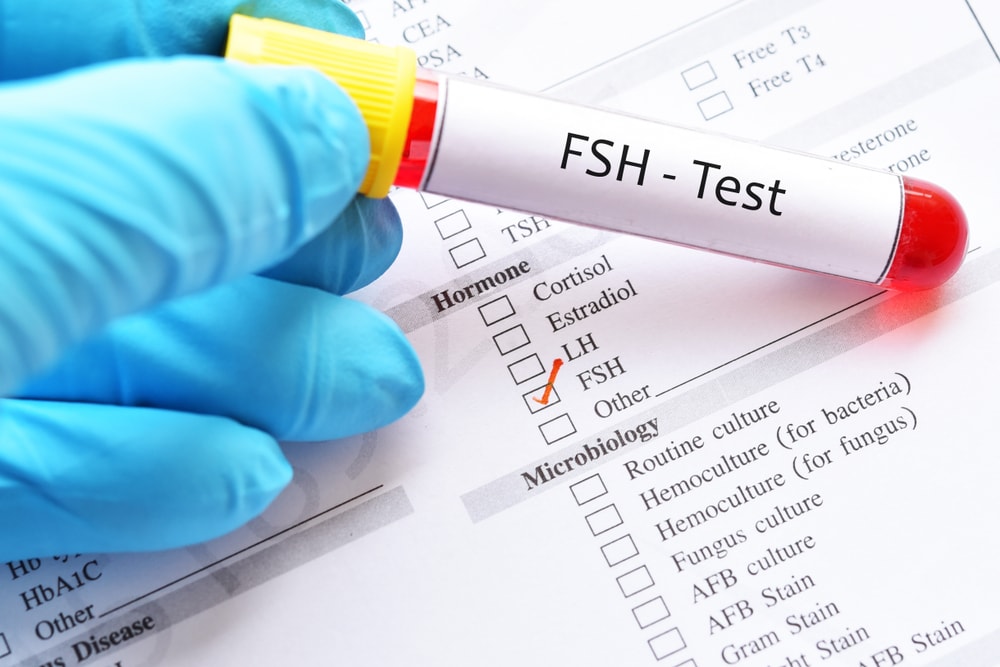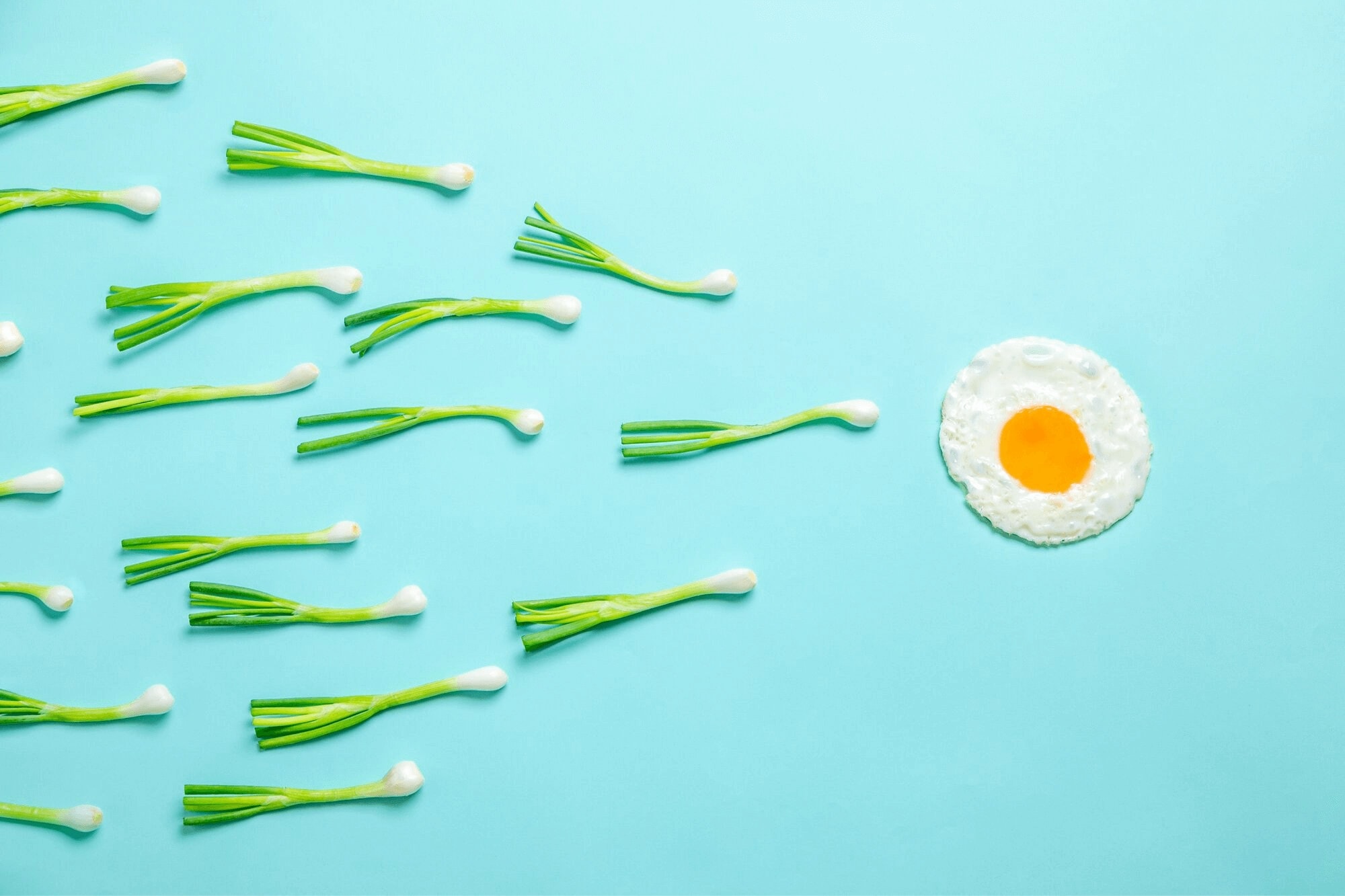How Ovulation Works
The key to getting pregnant (or preventing pregnancy) is to understand your ovulation cycle. Ovulation is when a mature egg is released from one of the ovaries, which usually takes place near the 14th day of a 28-day cycle. However, the 14th day is only an average. In reality, a woman with a 28-day cycle may ovulate one of the days between the 11th and 21st cycle day (the first day of your period is cycle day 1). We call these 10 days your “fertility window.”
As a woman, it is important that you keep track of your cycle; otherwise, it is nearly impossible to know when you are most likely to ovulate. A typical cycle is measured by the first day of your period to the first day of your next period, with the average being 28-32 days. If you are like me, this isn’t always cut in stone. Everybody is different. Discover your Fertility Window in seconds with the APA ovulation calendar.
Ovulation is a delicate hormonal process of the female reproductive system governed by five main hormones. Each hormone triggers one another, coordinating the development and release of an egg from the ovaries.
This is a simple yet complex process that creates a monthly cycle.
Three hormones are produced in the brain, the Gonadotrophin-releasing hormone (GnRH), follicle-stimulating hormone (FSH), and luteinizing hormone (LH). While the other two hormones estrogen and progesterone, are made in the ovaries.
Pregnancy After Ovulation
Getting pregnant after ovulation is possible, but is limited to the 12-24 hours after your egg has been released. Cervical mucus helps sperm live up to 5 days in a woman’s body, and it takes around 6 hours for active sperm to reach the fallopian tubes. If the sperm is there when or shortly after an egg is released, you can quickly become pregnant the day after ovulation.
What Affects Ovulation?
Our bodies are programmed to function like self-healing machines. However, every person has a different genetic makeup and is exposed to different environmental factors. Both genetics and outside factors may affect these reproductive hormone levels, which can impact your chance to conceive. If you believe you are facing infertility, remember that you have options and that you are not alone.
According to a survey taken in 2015 by the Reproductive Medicine Associates of New Jersey:
- There has been a 65% increase in IVF since 2003.
Some environmental factors that affect ovulation:
- Stress can play a big role in ovulation irregularities. Practice stress-relieving exercises like deep breathing, gentle exercise, stretching, yoga, meditation, and positive affirmations.
- A healthy and balanced diet is another big factor. If your dietary needs are not being met, your hormones and ovulation can be affected.
- Chemicals in our environment have a large effect on how our bodies work. According to a study published in 2003 by Environmental Health Perspectives, “industrial compounds can decrease a couple’s ability to have children by up to 29%”.
Do You Need Help?
Every pregnancy is a blessing of a new life. Whether you are trying to conceive or attempting to avoid getting pregnant, knowing more about ovulation and your cycle can be extremely helpful.
No matter the situation you may be facing, you are NOT ALONE. Everyone has a different story, yet many of us have similar circumstances. Together we can help each other gain understanding and strength!
If you want to pin down the day that you ovulate, it is a good idea to purchase some ovulation predictor kits (OPKs). These are tests similar to a urine pregnancy test, but instead of testing for the pregnancy hormone (hCG), they test for other hormones that peak at the time of ovulation. If you are trying to conceive, these OPKs can be very helpful so that you know the best time to plan intercourse.
If you think you are having symptoms of pregnancy, check out our article on the signs of pregnancy.
If you are wondering when you can take a pregnancy test, the American Pregnancy Association suggests waiting until the first day of your expected period. The best time to test is in the morning, with the first morning’s urine. This is when the urine should be the most concentrated and most able to give you a correct response.






